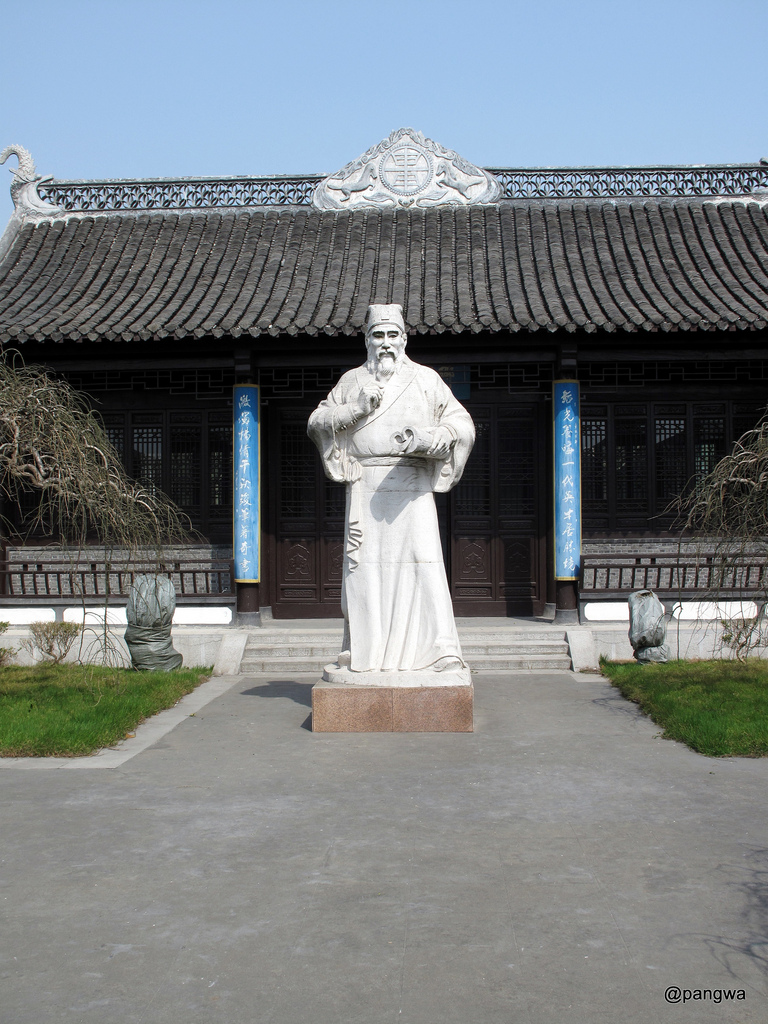Variant translation by Lin Yutang: "A man should not marry after thirty if he is not already married, and should not enter the government service if he is not already in the service. At fifty, he should not start to raise a family, and at sixty should not travel abroad. This is because there is a time for everything; done out of season and time, there may be more disadvantages than advantages. One wakes up at dawn completely refreshed, washes his face and puts on the headdress, has his breakfast; chews willow branches [for brightening his teeth], and attends to various things. Before he knows it he asks is it noon, and is told it is long past noon. As the morning goes, so goes the afternoon, and as one day passes, so pass the 36,000 days of one's life. If one is going to be upset by this thought, how can one ever enjoy life? I often wonder at a statement that such and such a person is so many years old. By this one means an accumulation of years. But where have the years accumulated? Can one lay hold of them and count them? This shows that the me of the past has long vanished. Moreover, when I have completed this sentence, the preceding sentence has already vanished. That is the tragedy." (The Importance of Understanding, 1960; pp. 83–84)
Preface to Water Margin
Shi Nai'an: Zitate auf Englisch
Variant translation by Lin Yutang: "When all my friends come together to my house, there are sixteen persons in all, but it is seldom that they all come. But except for rainy or stormy days, it is also seldom that none of them comes. Most of the days, we have six or seven persons in the house, and when they come, they do not immediately begin to think; they would take a sip when they feel like it and stop when they feel like it, for they regard the pleasure as consisting in the conversation, and not in the wine. We do not talk about court politics, not only because it lies outside our proper occupation, but also because at such a distance most of the news is based upon hearsay; hearsay news is mere rumour, and to discuss rumours would be a waste of our saliva. We also do not talk about people's faults, for people have no faults, and we should not malign them. We do not say things to shock people and no one is shocked; on the other hand, we do wish people to understand what we say, but people still don't understand what we say. For such things as we talk about lie in the depths of the human heart, and the people of the world are too busy to hear them." (The Importance of Living, 1937; pp. 218–219)
Preface to Water Margin
Preface to Water Margin
“Within the bounds of the four seas, all men are brothers.”
Water Margin (Shuihu Zhuan)
Variant translation by Pearl S. Buck: "Alas, I was born to die! How can I know what those who come after me and read my book will think of it? I cannot even know what I myself, born into another incarnation, will think of it. I do not even know if I myself afterwards can even read this book. Why therefore should I care?" (All Men are Brothers, 1933; p. xiii)
Preface to Water Margin
